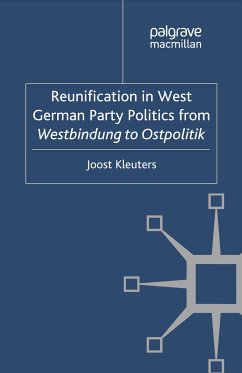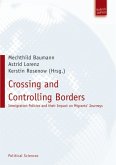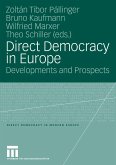This monograph is a major survey of East Central European (ECE) political elites and concentrates on Czech Republic, Slovakia, Hungary and Poland. It is grounded within classic elite theory slightly adapted to ECE necessities. More practically, the book examines political elite composition and identifies political elite fragmentation in ECE. The author questions that East Central European political elites have incorporated democratic values and conduct. The main argument is that there is a significant gap between the formal democratic ECE institutions and political elite behaviour. This gap has different dimensions which are relevant at the domestic level and also cause problems at the EU level. Ultimately, the political elite-institution gap questions democratic political achievements after 1989. In providing a major analysis of ECE political elite structure and conduct the book points to the most urgent challenges of ECE political systems - the reform of the political elite. From the content: The Importance of Analysing ECE Elites Forms of Political Elite Formation and Activity Political Elite Fragmentation in ECE Elite Formation and Reproduction in East Central Europe Patterns of Political Elite Behaviour Influencing Political Elite Behaviour Institutional Change after 1989 The Relationship between Europeanisation and Euroscepticism Elite Systems in East Central Europe Case Studies: Poland, Czech Republic, Slovakia, Hungary Implications of Elite Attitudes for Europeanisation Political Elites: Incapable Europeanisers?
Dieser Download kann aus rechtlichen Gründen nur mit Rechnungsadresse in A, B, BG, CY, CZ, D, DK, EW, E, FIN, F, GR, H, IRL, I, LT, L, LR, M, NL, PL, P, R, S, SLO, SK ausgeliefert werden.









